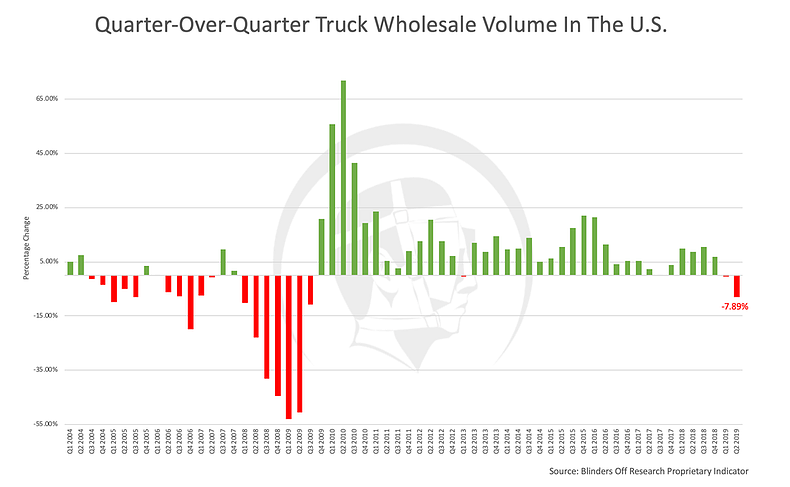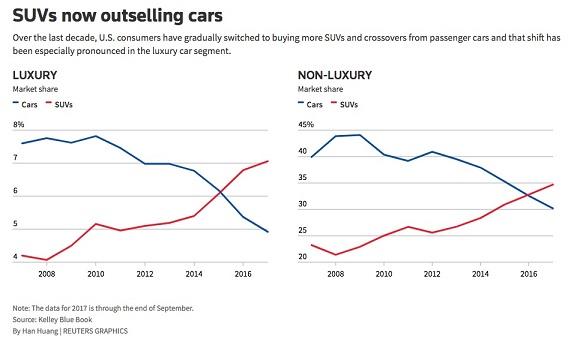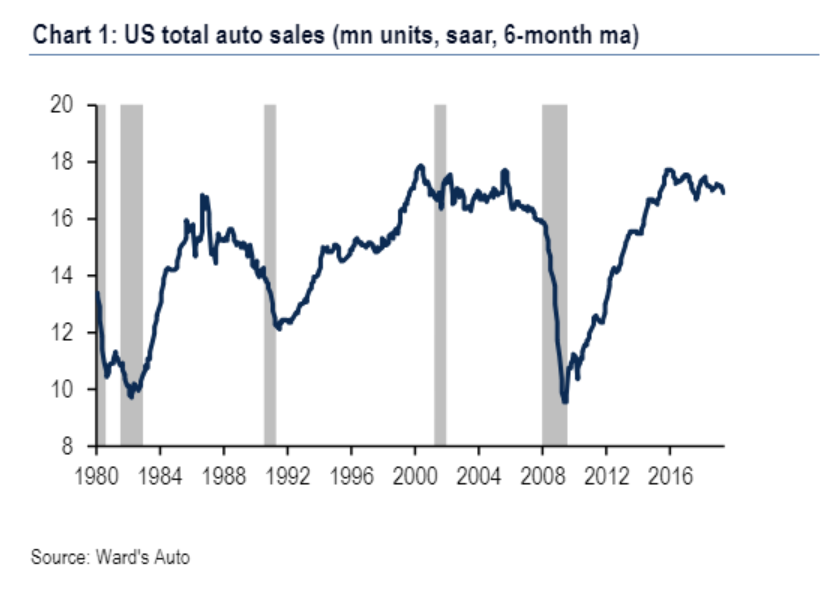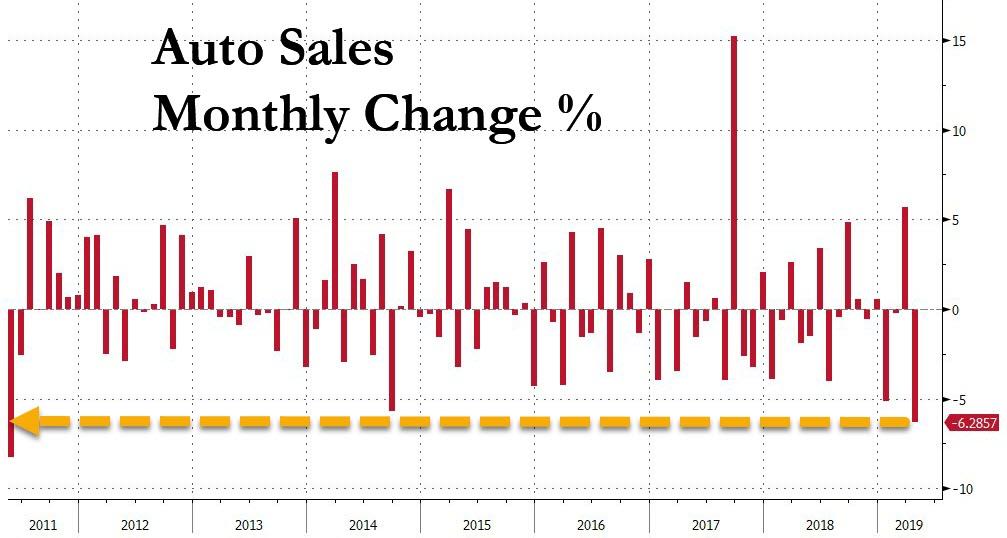You can see the arrest warrant, which lays out the government’s theory. Because Peterson “was assigned the duty and responsibility of protecting [the high school] and its occupants,” the theory goes, he was obligated “to promptly address the active shooter” (rather than “retreating to a position of increased personal safety”). In particular, the arrest warrant alleges, he was criminally culpable in “refusing to seek out, confront, or engage the shooter.” (There’s also a separate perjury charge, but I’ll set that aside here.
1. Now generally speaking, it’s not a crime to decline to rescue or protect people in peril. That’s true even when one could have rescued them with no risk or real cost to oneself.
2. It is a crime to fail to rescue or protect people when you have a special relationship with them, whether that comes from status (spouse, parent) or contract (lifeguard, doctor). But even when you do have such a duty, you aren’t obligated to seriously risk death or serious injury; for instance, to quote the California jury instruction applicable when a parent is prosecuted for failing to protect a child (usually, when a mother is prosecuted for failing to stop her husband’s or boyfriend’s abuse of her child),
A parent has a legal duty to take every step reasonably possible under the then existing circumstances to protect [his] [or] [her] child from harm including physical attack. The parent however need not risk death or great bodily harm in doing so ….
My quick research has revealed precedents supporting this in Alabama, California, Michigan, Montana, and North Carolina, and no precedents imposing a more categorical protect-even-at-risk-of-death duty. Likewise, the few states that purport to impose a more general duty to help even strangers generally limit that duty to safe rescues.
3. Peterson, though, is being prosecuted for failing to confront an armed murderer, a confrontation that certainly would “risk death or great bodily harm” to Peterson. The question in this case, I think, is whether the legal duty is more stringent for police officers, firefighters, armed security guards, and the like than it is for others (like parents) who owe such a duty.
If the answer is “yes,” I take it, the rationale would be that a duty to risk one’s life is part of the job, and that this duty is enforceable through the threat of criminal punishment and not just the threat of being fired. (Plus if you aren’t willing to run the risk, you should leave the job to someone who is willing.) If the answer is “no,” the rationale might be the same used by a court discussing the parent’s duty:
[W]e believe that to require a parent as a matter of law to take affirmative action to prevent harm to his or her child or be held criminally liable imposes a reasonable duty upon the parent. Further, we believe this duty is and has always been inherent in the duty of parents to provide for the safety and welfare of their children, which duty has long been recognized by the common law and by statute. This is not to say that parents have the legal duty to place themselves in danger of death or great bodily harm in coming to the aid of their children. To require such, would require every parent to exhibit courage and heroism which, although commendable in the extreme, cannot realistically be expected or required of all people.
But I don’t know of any caselaw on the limits of the duty owed by police officers, firefighters, guards, and the like; indeed, I couldn’t find any cases at all in which they were prosecuted for failing to confront criminals (of any degree of dangerousness). If any of you know of such cases, please do pass them along.
from Latest – Reason.com http://bit.ly/2wzZAHn
via IFTTT













